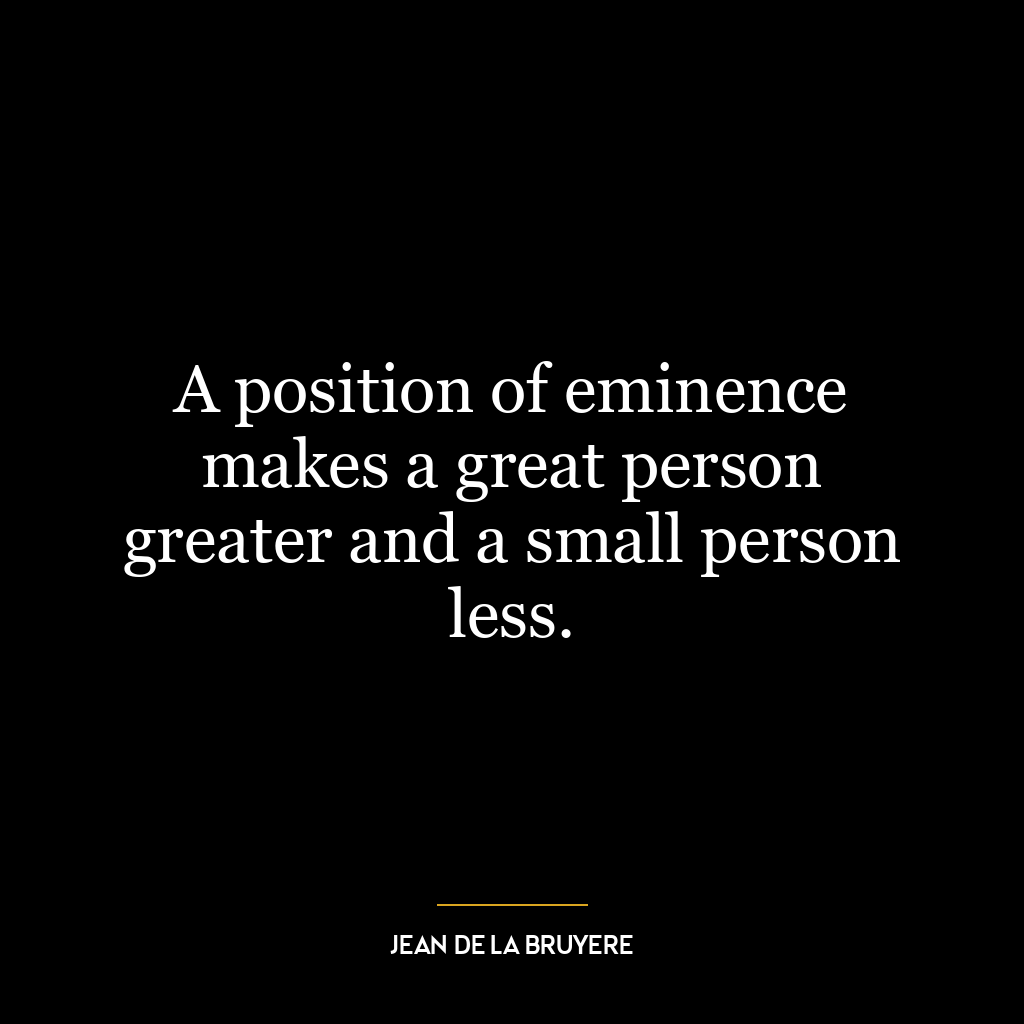It is much safer for the prince to be feared than loved, but he ought to avoid making himself hated.
The quote suggests that fear, as opposed to love, is a more reliable and controllable basis for a leader’s power. When a leader is feared, their authority is less likely to be challenged. This is because fear is a primal emotion that can be manipulated and controlled by the leader, unlike love which is dependent on the ever-changing emotions of the people. However, a leader must be cautious not to instigate such extreme fear that it evolves into hatred, as this can lead to revolt or opposition.
The fear mentioned in the quote does not necessarily refer to terror, but rather a form of respect and reverence towards the leader’s authority and power. This can be cultivated through the consistent and fair enforcement of laws and rules, along with the demonstration of strength and competence. The leader should be feared for the consequences of their justice, not for their personality or personal attributes.
Conversely, love is whimsical and unreliable. It depends on the emotions of the people, which can change rapidly and unpredictably. A leader who relies on love or popularity is susceptible to the fluctuations of public opinion and may be tempted to make concessions or compromises that could undermine their authority or the stability of their leadership.
This concept can be applied in various leadership contexts today, from political leaders to CEOs to team managers. Leaders who strive to be universally liked may find it challenging to enforce discipline or make difficult decisions, while those who rule with an iron hand may create a culture of fear and resentment.
In the context of personal development, this quote can serve as a reminder to balance the desire for approval with the need to uphold one’s principles. It’s crucial to be liked and respected, but not at the cost of compromising one’s values or being exploited. Simultaneously, being excessively rigid or authoritarian can alienate others and create unnecessary conflict.
In conclusion, this quote from Machiavelli offers timeless insight into the nature of leadership and power. It suggests that a balance between love and fear is essential for effective leadership – a leader should command respect and inspire fear through their strength and justice, but should also avoid being so severe or indifferent that they become despised.












